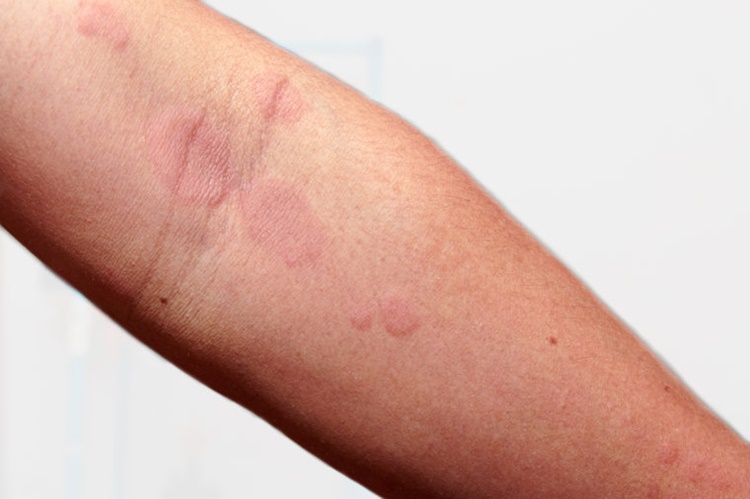Here are the five ways to identify eczema
ECZEMA – There are five (5) ways that will help you identify that you have eczema that sets it apart from other skin conditions.
According to the article published on the site of The Healthy, this skin issue can be hard to identify sometimes and people tend to have misconceptions about this. In order to know if you have eczema or other skin conditions, here are the things that you should remember.

The location
It is inevitable that some parts of your skin get dry and irritated but it does not necessarily mean that you have eczema. According to Jeffrey S. Fromowitz, MD, a dermatologist and the managing partner and medical director at Dermatology of Boca, in Boca Raton, FL, this skin condition tends to occur at the flexural areas, such as the fold of the arms, the fold of the wrist, the fold of the neck, and the folds behind the knee.
Itch that rashes
In this condition, you will get an intense itch that precedes the development of a rash which is unlike other skin conditions where the rash first occur before you feel the itch. It is important also to consider the location where you feel the itch.

The shape of blisters or rash
Eczema blisters tend to be round and merge together, according to Dr. Fromowitz. Blisters and rashes located on the surface of your arms or legs over a muscle are commonly caused by the reaction to a plant.
Red, inflamed skin
In some cases, many people have the misconception that the red, inflamed skin that they have is caused by irritation from clothing, grass, or pets, or acne, allergies, psoriasis, and other skin conditions. Dr. Fromowitz noted this: “Ask yourself, how long has it been there, is this the first time it has ever happened, do you have also a history of asthma and allergies, and has anyone else in the family had something like this?” According to the article, doctors have what they call “the atopic triad” This is composed of eczema, asthma, and hay fever. Having these conditions along with the red inflamed skin in the flexural areas, more likely it is eczema.
Scaly patches
Having scaly patches on the skin can be a result of psoriasis or contact dermatitis—or it may just be dry skin due to dry weather or dry air in your home. However, if these factors are absent, then, it is probably eczema. “To know what’s eczema, check to see if it’s in the folds of your skin, if it’s itchy, figure out how often it occurs, and if you also suffer from asthma or hay fever. You have to look at a bigger picture,” Dr. Fromowitz advised.
READ ALSO: HEALTHY SKIN: Food Options That Promote Healthier Skin
